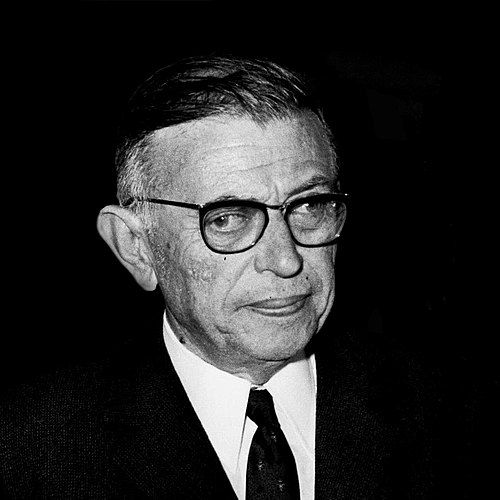Strabismusnoun
A defect of vision in which one eye cannot focus with the other on an object because of imbalance of the eye muscles; a squint.
Strabismusnoun
An affection of one or both eyes, in which the optic axes can not be directed to the same object, - a defect due either to undue contraction or to undue relaxation of one or more of the muscles which move the eyeball; squinting; cross-eye.
Strabismusnoun
abnormal alignment of one or both eyes
Strabismus
Strabismus is a condition in which the eyes do not properly align with each other when looking at an object. The eye that is focused on an object can alternate.
Squintverb
(intransitive) To look with the eyes partly closed, as in bright sunlight, or as a threatening expression.
Squintverb
(intransitive) To look or glance sideways.
Squintverb
(intransitive) To look with, or have eyes that are turned in different directions; to suffer from strabismus.
Squintverb
To have an indirect bearing, reference, or implication; to have an allusion to, or inclination towards, something.
Squintverb
To be not quite straight, off-centred; to deviate from a true line; to run obliquely.
Squintverb
(transitive) To turn to an oblique position; to direct obliquely.
Squintnoun
An expression in which the eyes are partly closed.
Squintnoun
The look of eyes which are turned in different directions, as in strabismus.
Squintnoun
A quick or sideways glance.
Squintnoun
A short look.
Squintnoun
A hagioscope.
Squintnoun
(radio transmission) The angle by which the transmission signal is offset from the normal of a phased array antenna.
Squintadjective
Looking obliquely; having the vision distorted.
Squintadjective
(Scottish) askew, not level
Squintadjective
Looking obliquely.
Squintadjective
Looking askance.
Squintverb
To see or look obliquely, asquint, or awry, or with a furtive glance.
Squintverb
To have the axes of the eyes not coincident; to be cross-eyed.
Squintverb
To deviate from a true line; to run obliquely.
Squintverb
To have an indirect bearing, reference, or implication; to have an allusion to, or inclination towards, something.
Squintverb
To look with the eyes partly closed.
Squintverb
To turn to an oblique position; to direct obliquely; as, to squint an eye.
Squintverb
To cause to look with noncoincident optic axes.
Squintnoun
The act or habit of squinting.
Squintnoun
A want of coincidence of the axes of the eyes; strabismus.
Squintnoun
Same as Hagioscope.
Squintnoun
abnormal alignment of one or both eyes
Squintverb
partly close one's eyes;
Squintverb
be cross-eyed; have a squint or strabismus
Squintadjective
(used especially of glances) directed to one side with or as if with doubt or suspicion or envy;
Squint
Squinting is the action of looking at something with partially closed eyes.Squinting is most often practiced by people who suffer from refractive errors of the eye who either do not have or are not using their glasses. Squinting helps momentarily improve their eyesight by slightly changing the shape of the eye to make it rounder, which helps light properly reach the fovea.









